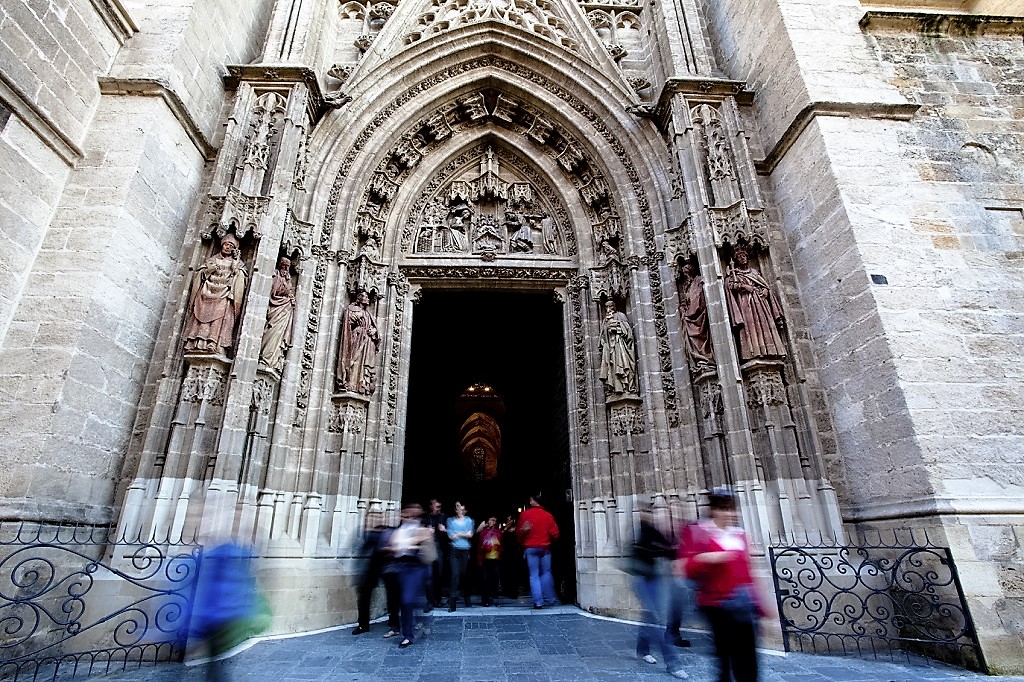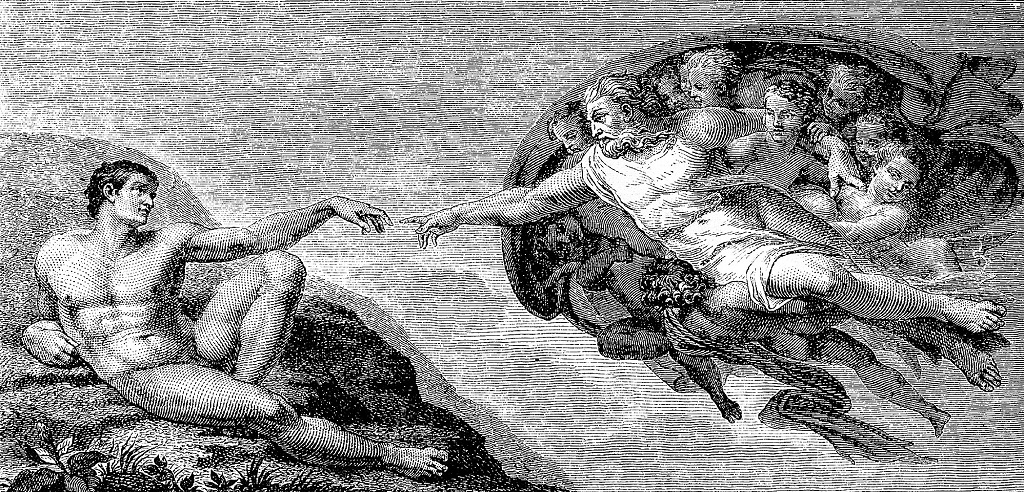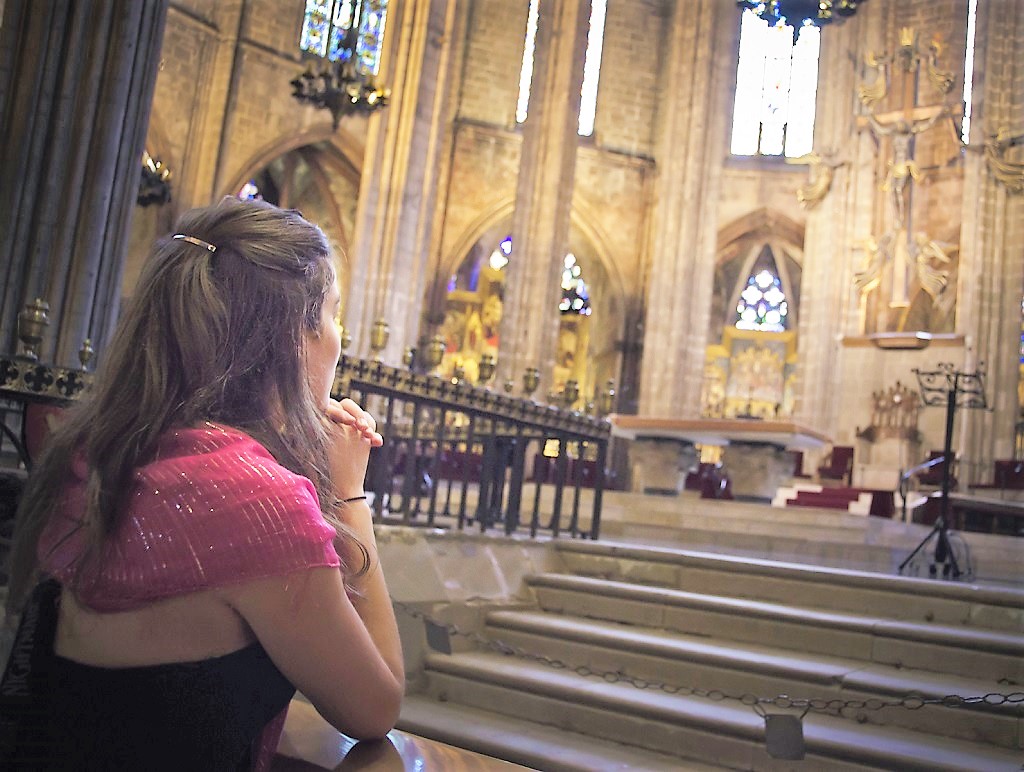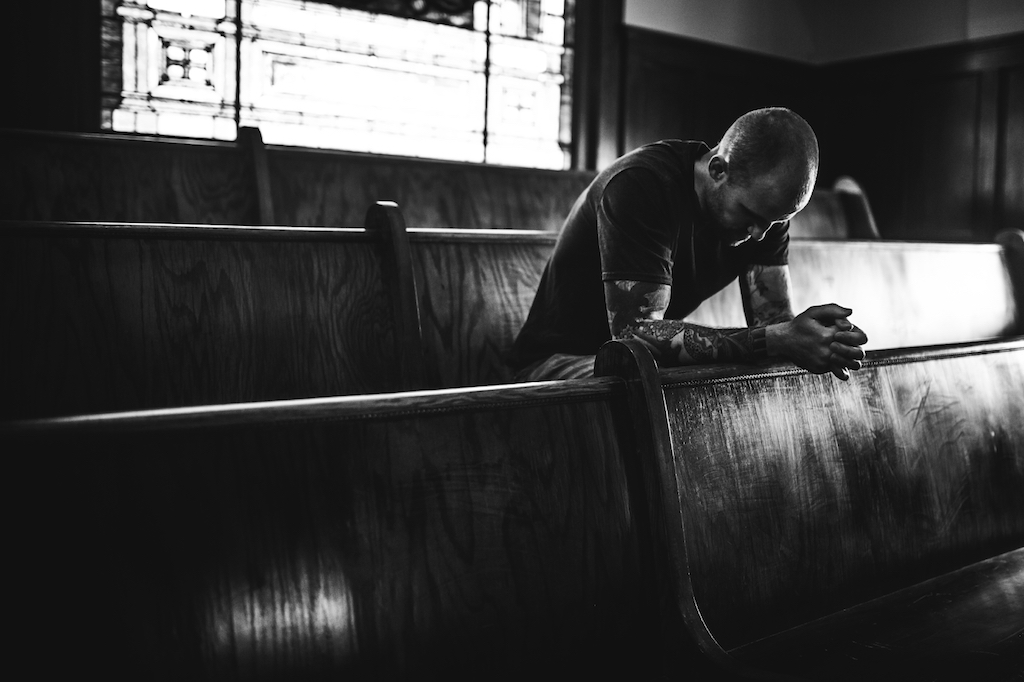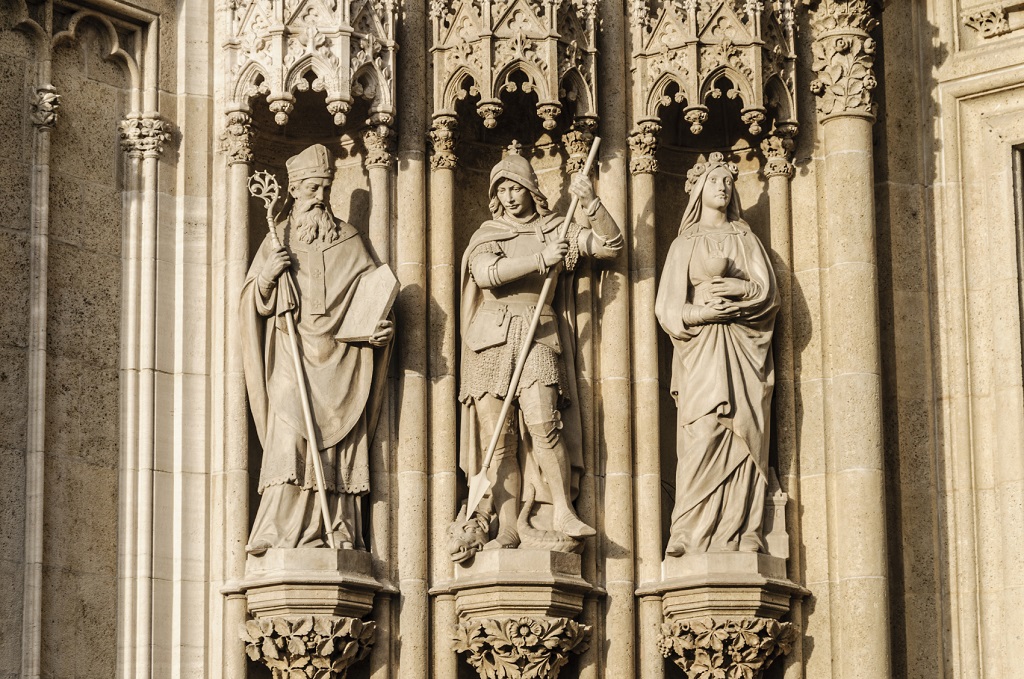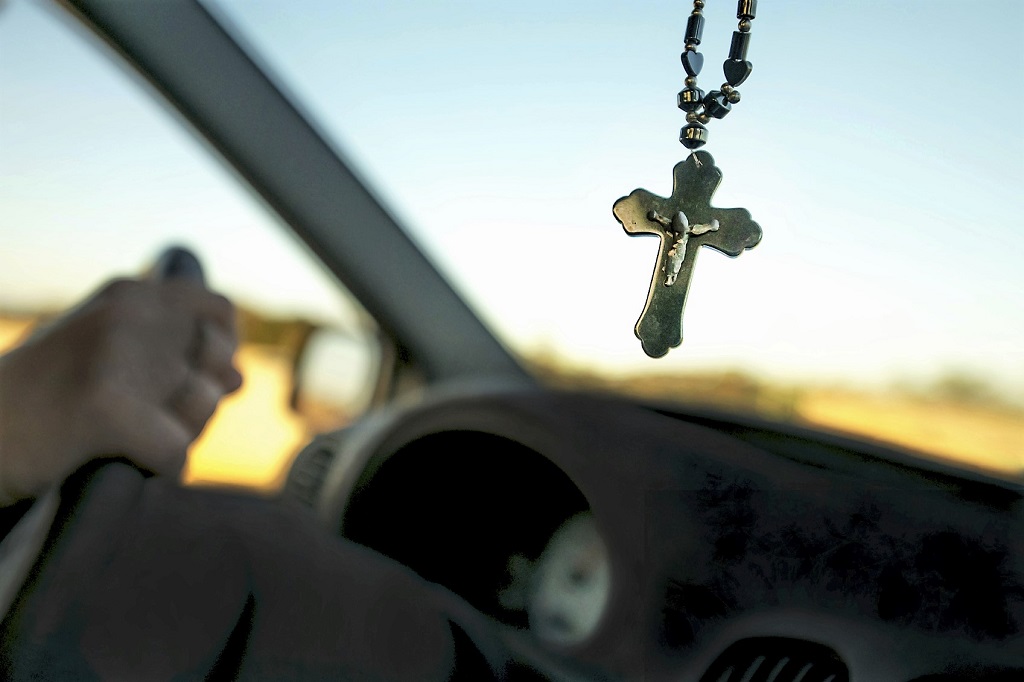A saint, as defined by the Catholic Church, is one who has “preceded us into the kingdom, especially those whom the Church recognizes as saints, share in the living tradition of prayer by the example of their lives, the transmission of their writings, and their prayer today.” (Catechism of the Catholic Church, 2683)
For some of us, a saint is a plaster statue, pious-looking but not very human. Or a saint might be that person you studied in middle school so you could pick out a cool Confirmation name. But if this is where our relationships with the saints begins and ends, we miss out on so much.
Scripture tells us (in Hebrews) that we are “surrounded by a great cloud of witnesses.” That’s the saints. They witness to us the great love of God. They loved God, know that God loves them, and want others to know that love. That’s what the saints all have in common.
Yet, if you study the saints, you will find as many personalities, gifts, life choices and challenges as there are stars in the sky. And this is the Church’s gift to us: the saints – our “big” brothers and sisters in faith – show us how to love God, love others and do God’s will in many different ways, many different walks of life.
Take for instance St. Gianna Molla. She was a 20th century woman: a doctor, a wife and mother, an athlete. She loved her family and sought to serve God in her work. She also loved life: the life of the family and the life of the unborn. When she was pregnant with her fourth child, it was discovered that she had a uterine tumor. Any treatment of the tumor would likely result in the death of the baby, so Gianna and her husband chose to continue the pregnancy. A little girl was born healthy, but Gianna lost her life. She told her doctors: “If you must decide between me and the child, do not hesitate: choose the child – I insist on it. Save the baby.” St. Gianna Molla is a powerful witness for the pro-life movement, for modern mothers who seek to balance work and home, and for those who are faced with frightening medical decisions.
St. Hildegard of Bingen is also a saint and female, but that might be all she has in common with Gianna. Hildegard lived in the 12th century and was a Benedictine nun (the Benedictines were known then for their rather strict way of life.) She received visions from God, which she said made her see her fellow humans as “living sparks” of the love of God. She loved Scripture and loved helping others understand it. She was a scientist, a musician, and founded convents. Her writings are so profound that Pope Benedict XVI declared her a “Doctor of the Church,” a title given to only 35 saints in the Church’s history. A Doctor of the Church is someone whose life work has contributed greatly to theology and/or doctrine of the Catholic Church.
These are just two examples of saints, but these two women show the depth and breadth of the saints. A wife and mother, a nun. A modern doctor, a medieval seeker of healing in plants. An athlete, a musician.
The saints are not plaster people. They are real. They struggled with the same things we struggle with: family issues, doubts in faith, anger, jealousy, money problems. They knew challenges and disappointments, hostility from those who were supposed to support them and those who questioned their devotion as maybe just a little … crazy. For whatever you struggle with, there is a saint who has “been there and done that.”
Catholics do not pray to the saints. We pray to God alone. But just like you might ask a friend to pray for an issue you’re struggling with, we ask the saints for their intercession before the throne of God. They now live eternally in God’s presence, so who better to buddy up with?
A caution: saints are not magical. The Church warns us against going beyond devotion to a particular saint and veering off into some sort of enchantment: “If I say just the right words to just the right saint, I’ll get what I want.”
Adoration is the worship and homage that is due to God alone. The Saints are human like you and I. They are not divine. Adoration of the saints has never been nor will ever be part of Catholic teaching or prayer. We venerate the saints.
That being said, we are strongly encouraged to make friends with the saints. (Keeping in mind that they are not dead, but alive in Christ!) We often refer to “patron saints;” these are the saints we may be named after, the saint on whose feast day we were born, that person you chose for your Confirmation name are all patrons. We should have a relationship with them. The Church encourages us to learn about the saints: read biographies, read the saints’ own writings, emulate how they prayed. In this way, we learn how to more and more become holy: these brothers and sisters in the faith become examples of how to overcome our sinfulness, despite all the human challenges we face.
As we pray when we pray the Litany of the Saints, may all the holy men and women pray for us!
